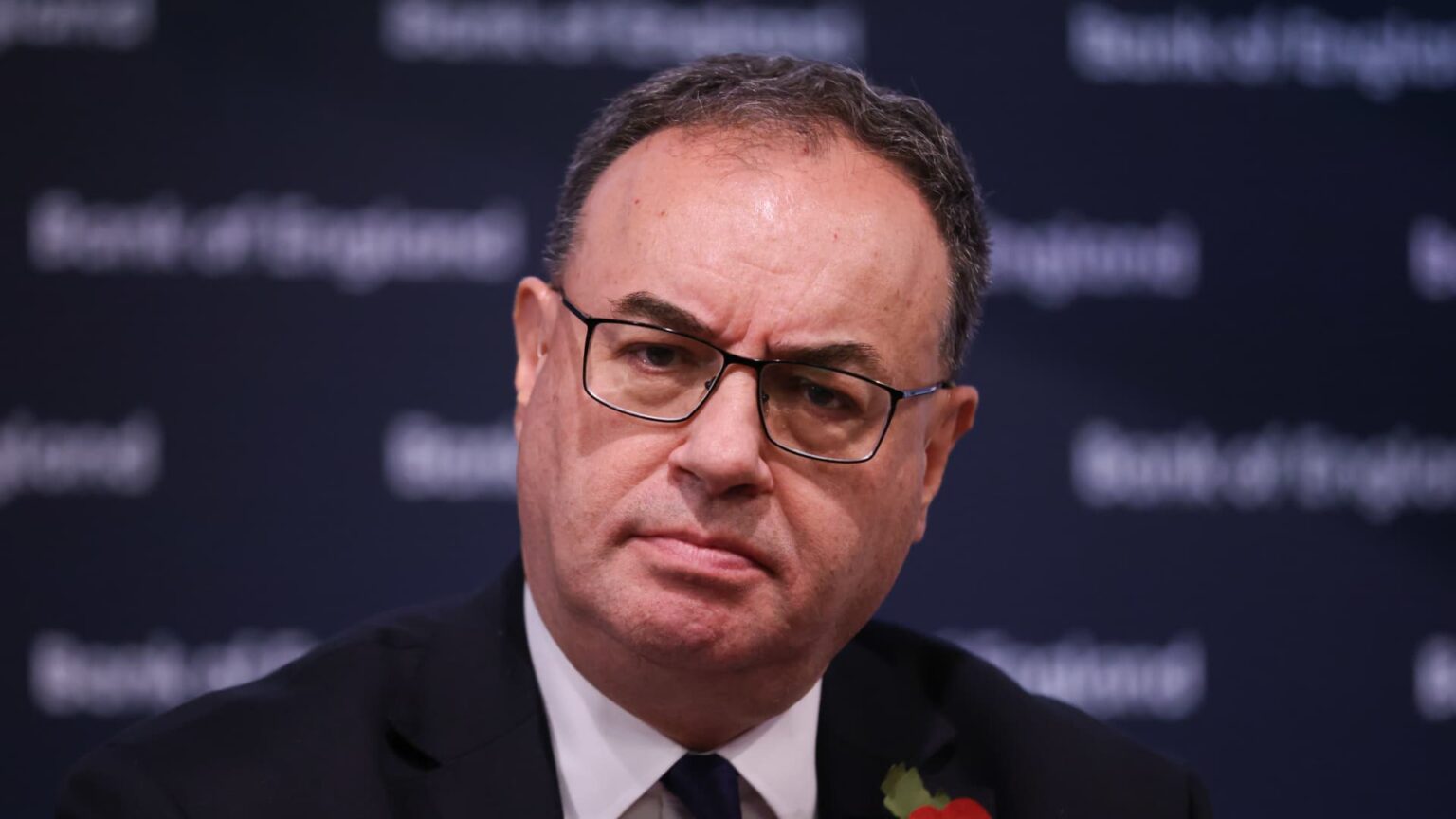The Bank of England is focused on the potential U.K. growth shock from U.S. tariffs if there is a slowdown in global trade, the central bank’s governor Andrew Bailey said Thursday.
“We’re certainly quite focused on the growth shock,” Bailey told CNBC’s Sara Eisen in an interview at the IMF-World Bank Spring Meetings.
Going into its May 8 monetary policy meeting, the central bank will consider “arguments on both sides” around the impact of tariffs on growth and domestic supply constraints on inflation, Bailey said.
“There is clearly a growth issue we start with, with weak growth … but a big question mark is how much of that is caused by the weak demand, how much of it is caused by a weak supply side,” he continued.
“Because the weak supply side, of course, unfortunately, has the sort of the upside effect on inflation. So we’ve got to balance those two. But I think the trade issue is now the new part of that story.”
Inflation could be pulled in either direction by wider forces, with a redirection of trade exports into other markets being disinflationary, but a retaliation on U.S. tariffs by the U.K. government — which he stressed did not appear likely — pushing up inflation.
Bailey added that he did not see the U.K. as being close to a recession at present, but that it was clear economic uncertainty was weighing on business and consumer confidence.
IMF downgrade
The IMF earlier this week downgraded its 2025 growth forecast for the U.K. to 1.1% from 1.6%, citing the impact of U.S. President Donald Trump’s trade tariffs, higher borrowing costs and increased energy prices.
However, economic forecasting remains mired in uncertainty as countries engage in negotiations with U.S. officials over Trump’s swingeing universal tariff policy, currently on pause. The U.S. has imposed 25% tariffs on steel, aluminum and autos and a 10% levy on other British exports.
U.K. policymakers have expressed hopes of reaching a trade deal with the White House, with U.S. Vice President J. D. Vance saying there is a “good chance” of an agreement.
Bailey told CNBC on Thursday that he would be “very encouraged if the U.K. does make a deal,” but that its economy was very open and services-oriented, so it would still be impacted by a wider slowdown in growth or trade.
He also noted that inflation would increase from the current 2.6% in the coming readings due to effects from markets such as energy prices and water bills, but that the bump up would be “nothing like what we saw a few years ago.”
The Bank of England held interest rates at 4.5% at its March meeting, before Trump shocked the world with the scale of his tariff announcement.
Markets now see the BOE slashing rates to 4% by its August meeting.
Read the full article here


